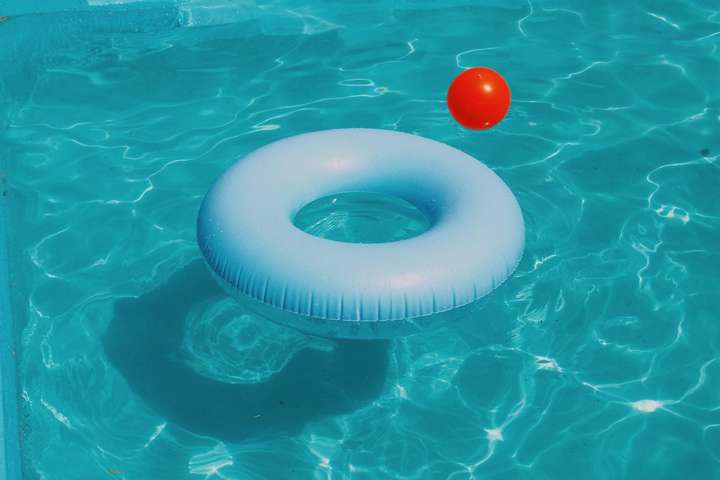For a lot of people, owning a pool for the first time can be a rather thrilling adventure. Finally, you will have that one place where you can enjoy the summer without worries, and take a good swim whenever you want to.

However, things start to get complicated as time goes on since pools do require maintenance. The complexity of the maintenance is often linked to various things, but it is ultimately decided by how much care the pool receives. If it is ignored for a long time or is not treated properly, a more complex level of maintenance will be required.
It is ubiquitous for this maintenance process to require chemicals and tools to be handled properly, but we will cover other aspects in this article. This article will cover the main aspects of handling these chemicals and discuss how to handle maintain pools properly.
Why Maintenance is Needed
More often than not, maintenance is required for a single reason: the chances of growing microorganisms and bacteria ruining the purity of the water inside pools. These can cause diseases and infections, so it is necessary to keep the water of a pool in good condition.
There are way too many sources of microorganisms and bacteria, including ourselves. That is why it is prevalent for public pool spaces to have certain rules, like washing our bodies before entering the pool, just for the sake of avoiding the chances of these microorganisms and bacteria from spreading into the water.
Regular Problems and Some Solutions
Of course, other external aspects can also cause problems. Although we can greatly reduce the amount of pollution we cause through certain methods, the water will still get dirty and accumulate pollution over time, so maintenance is required.
Some good examples of regular problems affecting a pool’s condition include leaves, rain, dirt, and different types of debris like rocks, grass, or branches. Even sunlight and extreme temperatures can affect a pool’s condition, which is why people engage in maintenance processes and use things like filters or chemicals to make sure the damages are handled before they can cause any harm to both the pool’s structure and the people who enjoy it.
Understanding How Chemicals Work
Chemicals are usually handled in a precise way. A pool chemicals chart is commonly used to understand what chemicals are required, and although they do vary depending on the needs of the water inside the pool, there’s a set amount of commonly used chemicals that we can share with you.

The most commonly used compound, for example, is Chlorine. It comes in different variations, though, but the main purpose of all Chlorine forms is to sanitize the water inside pools, which targets undesired bodies inside of it to keep them as healthy and safe as possible. Most other chemicals used along Chlorine are used to keep this specific compound in a perfect shape and aid it towards its battle against undesired organisms.
Cyanuric acid, for example, is used to protect Chlorine from sunlight rays since it can greatly reduce the efficiency and durability of Chlorine on its own. That is why many tablets derived from Chlorine also contain Cyanuric acid since it ensures that the compound will last for longer and work much better.
Besides that, other compounds, like calcium, make sure that the condition of the pool’s structure remains durable.
Managing a Pool’s Chemical Levels
A vital thing to do when using chemicals is to know exactly what you are doing. Ideally, the best way to approach this aspect of maintenance is through a test kit. As showcased over https://www.thespruce.com/how-to-use-a-pool-test-kit-2736561, it is what allows you to check out what your pool’s needs are and how to react to them properly. You should definitely check this article to learn how to handle the test kit and react based on its results.
Using Tools to Keep Pools in Good Shape
A great way to handle this aspect of pools is by having certain tools to facilitate certain cleaning processes. For example, nets are great for clearing the water from branches and leaves, while brushers are excellent for cleaning walls and floors.
Some people also use vacuums, which are very efficient as long as you use them correctly. Vacuums are commonly used to handle the deepest part of pools, but they can be used for other areas.
If you clean regularly, the maintenance process that you will have to do eventually won’t be as traumatizing, so you should make it a regular habit to avoid more complicated processes!





